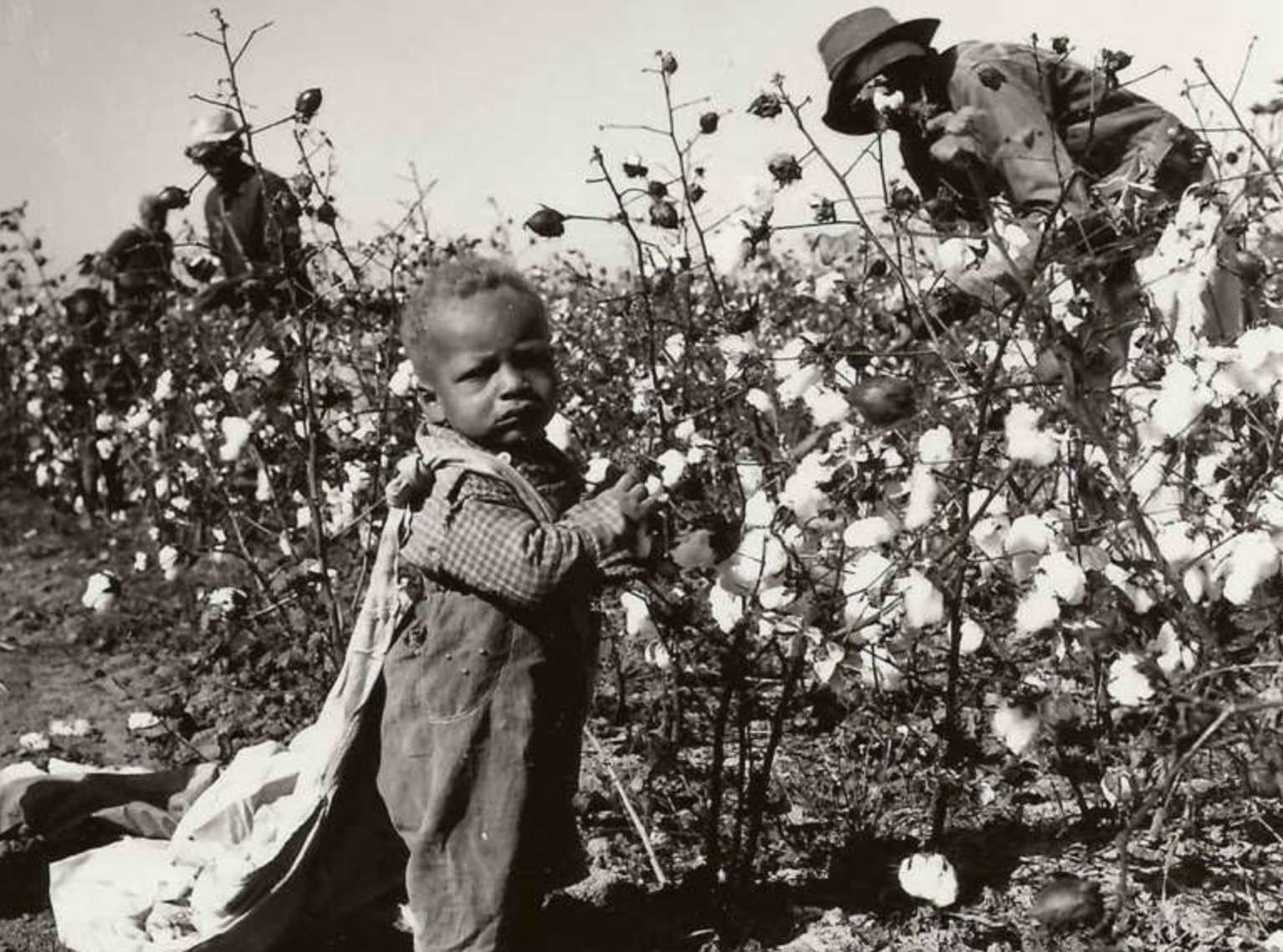As I reflected on a dinner several nights ago, a simple fact was recalled: I had not talked about my earliest jobs, well, forever. But in dinner conversation new friends seemed interested. So let me put my reflections in context.
I was a 13-year-old cotton picker. I picked cotton before most farmers could afford a machine that did it. By the way this was a Saturday morning job—leisure time cancelled. Video games—not around. However, sweat unlimited.
Plowing out boxcars came next and this was before the Grain Haulers of America union protected its workers from wheat dust.
Both jobs were humbling. I was working between school terms with young guys whose technique was much better than mine. I didn’t cost the grain elevator much which made the job possible. Today, companies are forced to pay the minimum wage. In New York it is trending by government mandate toward $30 an hour—productivity be damned.
In the cotton fields, beyond endurance, women with very small children were on their knees (you walked on your knees at plant level while picking) and then retreated to the cotton wagon to nurse their babies.
And I will never forget day three: plowing out rail box cars at the local grain elevator. “Plowing out” refers to getting every last kernel of grain out of a railcar filled with wheat from Oklahoma and Kansas. The wheat dust was thick.
On day three I was at the doctor’s office with a respiratory illness due to breathing in the dust. I had refused to use a face mask because the regulars didn’t wear one. My next day back at work I was masked. When I would change the filter (soft cotton) the other guys could see the moist black coating. The filter was a proxy for our lungs. By the next week many had bought a mask and showed up looking like me.
Which brings me to America and its constantly shifting realities. The grain elevator’s union made sure in its next negotiation that the workers were provided masks by the company—labor defeated capital. And in the case of cotton picking, machinery was soon to take over. Free markets do not quit spinning.
All this was my Dad’s plan; I am sure with Mom’s counsel. Later he made it possible for me to drive to Alaska and work on a maintenance crew at Elmendorf Air Force Base. I look back on these experiences—thank you Dad. Mom and Dad were instrumental. And, I was also getting my first lesson in the effectiveness of collective action.
Increasingly it is said artificial intelligence (AI) will cause the youthful job market to shift to making and doing things because AI will replace a lot of the “white collar” jobs. My Dad was not concerned with AI, but he did want me to understand sweat and the importance of learning how to do things correctly. I was particularly conscious of the latter but maybe moved more decisively by the former.
The old days are not going to come back. But if I still had a teenager in the house, he/she would be bothered by lessons from my Mom and Dad. The 20th Century helping to instruct the 21st.
In reality few are going to earn a living playing some version of sport, yet today many youth spend much of their summer at camps that teach the next rung up the ladder. Or, an upper-class family summer might be spent in overseas travel. Or an internship with a friend of the family.
My parents wanted me to understand the world I was going to live in. My Mom, for example, made me take typing with the girls; it turned out to be useful as I typed email while many of my peers dictated to their secretaries.
The world today is changing much more rapidly. Along with changes we all talk about, privilege is being downgraded. Distinctive talent is in demand. Productivity has become an even more essential part of a business plan. Up and coming companies must compete with the scale of the big ones; big companies have less cost in their inventory.
Life happens. Markets spin. Intelligence is aggregated; algorithms analyze it. The answers do not yield to our desires. It is best to have a 360-degree understanding of how life works. Maybe Harvard should add a trade school.
Al Sikes is the former Chair of the Federal Communications Commission under George H.W. Bush. Al writes on themes from his book, Culture Leads Leaders Follow published by Koehler Books.



Mary Lou Troy says
An additional data point. I don’t know what year Mr Sikes is comparing approaching $30/hr but remember that $28 today is equivalent to about $2.50 in 1958 dollars. He probably made less and in a different year but still worth considering.